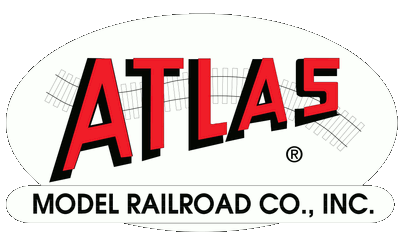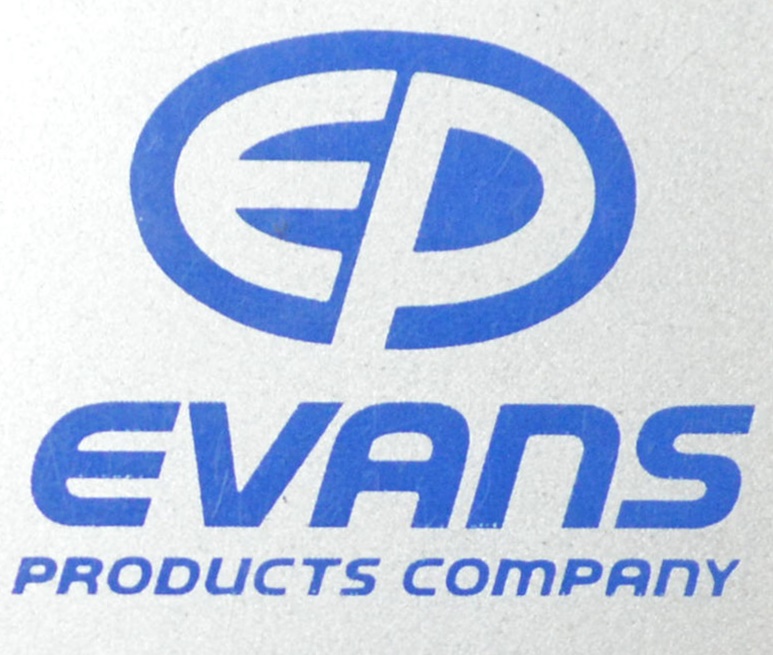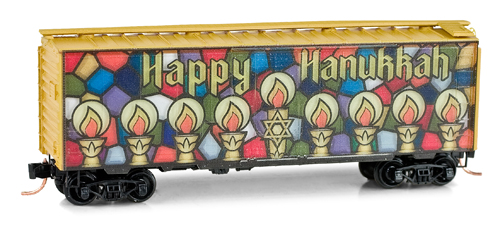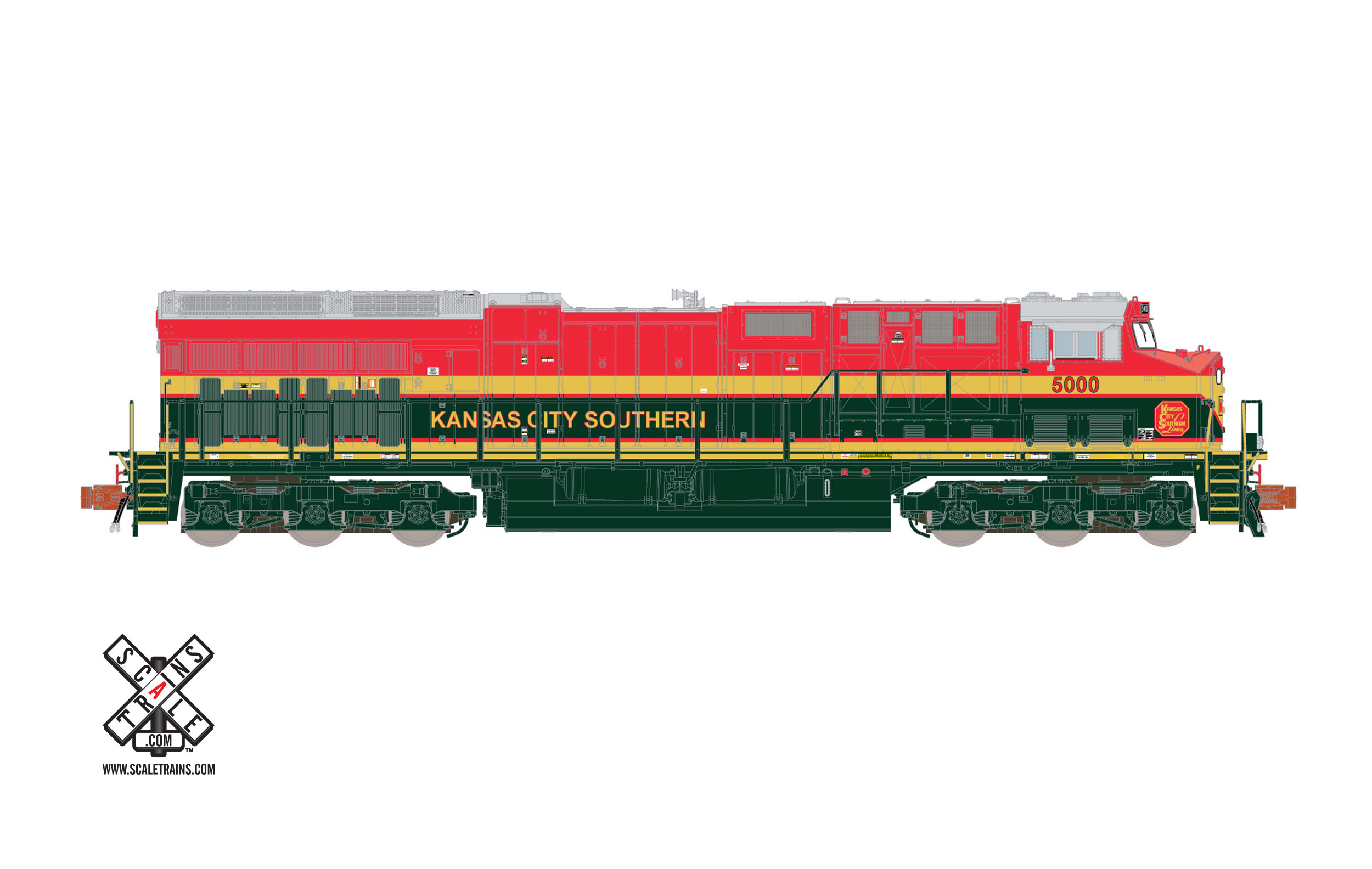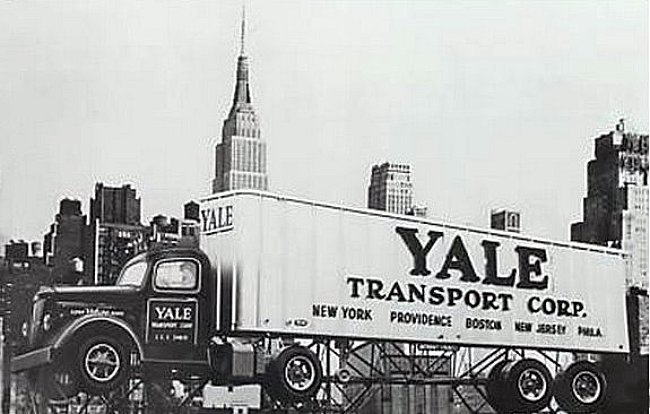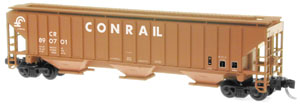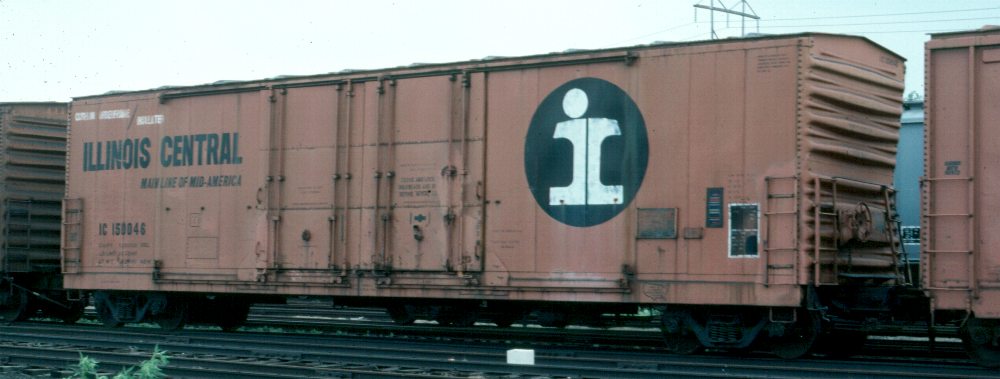Body Style Information: Features: 70-ton roller-bearing trucks;
Blackened metal wheels;
Two-piece underframe;
Separate brake cylinder;
Air reservoir;
End platforms;
AccuMate® couplers.
Prototype Information: This 53' boxcar was manufactured in the 1960s and '70s by Evans Company and was used primarily to haul produce, wood and paper products, and canned goods. This railcar is an insulated RBL (Railcar, Passenger Service, Insulated) featuring a 16 foot opening and double plug doors.
Road/Company Information: 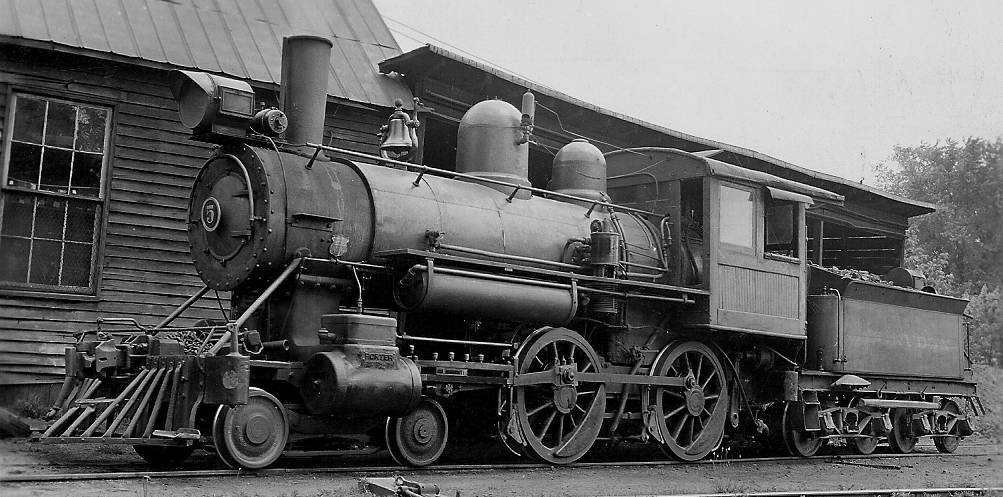 The LNAC opened their 8 mile line to Corydon, Indiana in 1883. Part of the route involved fording a stream – a practice not uncommon on steam powered logging lines. Presumably this was changed to a culvert before their 4-4-0 was replaced with a small GE diesel switcher. Freight car builder and lessor Evans bought the LNAC in 1980, using the railroad as a common carrier anchor for their extensive per diem and lease freight car fleet. Itel bought the LNAC from Evans in 1987, then the following year, sold the railroad to local investors but kept the LNAC reporting marks. The new owners adopted LNAL reporting marks. In 2006, the line was sold to their largest customer, Lucas Oil Products who have changed the name of the railroad to Lucas Oil Rail Line but with LNA&C lettering still making an honorary appearance.
The LNAC opened their 8 mile line to Corydon, Indiana in 1883. Part of the route involved fording a stream – a practice not uncommon on steam powered logging lines. Presumably this was changed to a culvert before their 4-4-0 was replaced with a small GE diesel switcher. Freight car builder and lessor Evans bought the LNAC in 1980, using the railroad as a common carrier anchor for their extensive per diem and lease freight car fleet. Itel bought the LNAC from Evans in 1987, then the following year, sold the railroad to local investors but kept the LNAC reporting marks. The new owners adopted LNAL reporting marks. In 2006, the line was sold to their largest customer, Lucas Oil Products who have changed the name of the railroad to Lucas Oil Rail Line but with LNA&C lettering still making an honorary appearance.

Brand/Importer Information: In 1924 Stephan Schaffan, Sr. founded the Atlas Tool Company in Newark, New Jersey. In 1933 his son, Stephan Schaffan, Jr., came to work for his father at the age of sixteen. Steve Jr. built model airplanes as a hobby and frequented a local hobby shop. Being an enterprising young man, he would often ask the owner if there was anything he could do to earn some extra spending money. Tired of listening to his requests, the hobby-store owner threw some model railroad track parts his way and said, "Here, see if you can improve on this".
Atlas has made a ton of wonderful products throughout the years and we often get questions one whether we have run a certain road name on a particular model. It should be noted that Atlas locomotives and rolling stock are greatly appreciated for their superior operating and running characteristics. Atlas products are also well known for their outstanding collectability not only due to their superior prototypical workmanship, details and decoration, but because there are relatively so few of them made. Each and every production run has been carefully built to market demand, meaning almost every piece in any given run is sold out by Atlas on arrival or shortly thereafter, thus creating a built in collectors market.
Atlas has made a ton of wonderful products throughout the years and we often get questions one whether we have run a certain road name on a particular model. It should be noted that Atlas locomotives and rolling stock are greatly appreciated for their superior operating and running characteristics. Atlas products are also well known for their outstanding collectability not only due to their superior prototypical workmanship, details and decoration, but because there are relatively so few of them made. Each and every production run has been carefully built to market demand, meaning almost every piece in any given run is sold out by Atlas on arrival or shortly thereafter, thus creating a built in collectors market.
Item created by: devsummers428 on 2020-02-05 17:01:12. Last edited by devsummers428 on 2020-05-07 00:00:00
If you see errors or missing data in this entry, please feel free to log in and edit it. Anyone with a Gmail account can log in instantly.
If you see errors or missing data in this entry, please feel free to log in and edit it. Anyone with a Gmail account can log in instantly.



